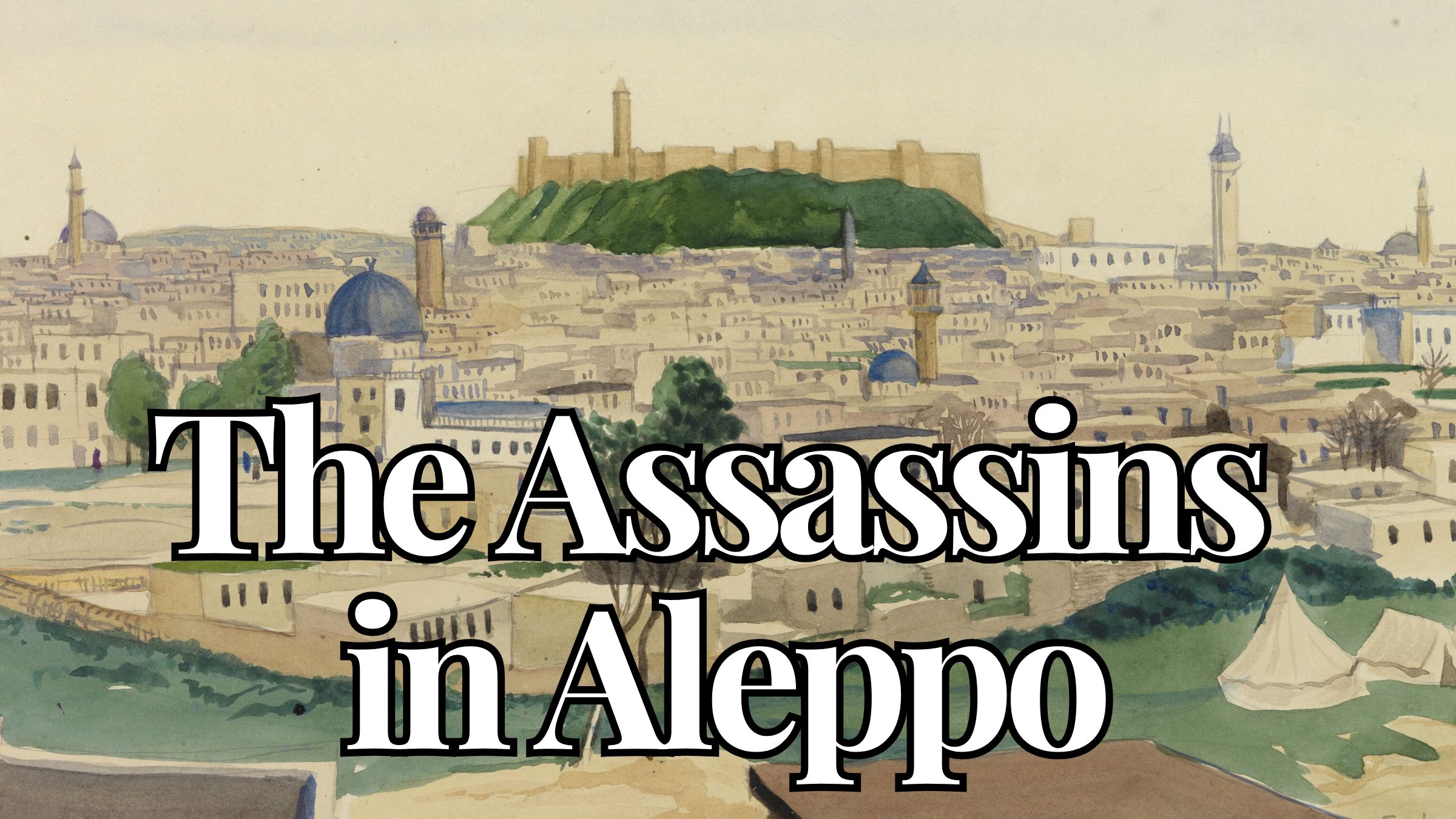
"In the chaos of early twelfth-century Syria, few alliances were more perilous than the one between Aleppo's ruler and the Assassins. Their arrival would turn a divided city into the centre of intrigue, conversion, and calculated violence. The rich, vibrant cities of Syria were tempting for the Assassins. They had money and markets, power and people. Here, the Assassins' leaders must have thought, lay, real possibilities for long-term religious and political stability."
"Geography was helpful - one of the many advantages of Aleppo as a base for the Assassins were that it was close to the Ismaili heartlands of the Jabal as-Summaq and the Jabal Bahra. Even more helpfully, although its Seljuk rulers may have been Sunni, much of the local population were Christian or Shi'ite by inclination - the former were generally disinterested in Muslim infighting, and the latter offered a clear path for conversion to the cause."
Early twelfth-century Aleppo became a strategic target for the Assassins because of its wealth, markets, and proximity to Ismaili strongholds in Jabal as-Summaq and Jabal Bahra. The city's mixed population, including Christians and Shi'ites, offered recruitment opportunities and limited resistance to Ismaili conversion, while Sunni rule may have been a minority. Seljuk ruler Ridwan (1095-1113) showed theological flexibility, tolerated non-Sunni communities, favored Fatimid Shi'ite beliefs early in his reign, and may have been a Nizari convert, providing the Assassins with a politically convenient patron and secure base.
Read at Medievalists.net
Unable to calculate read time
Collection
[
|
...
]